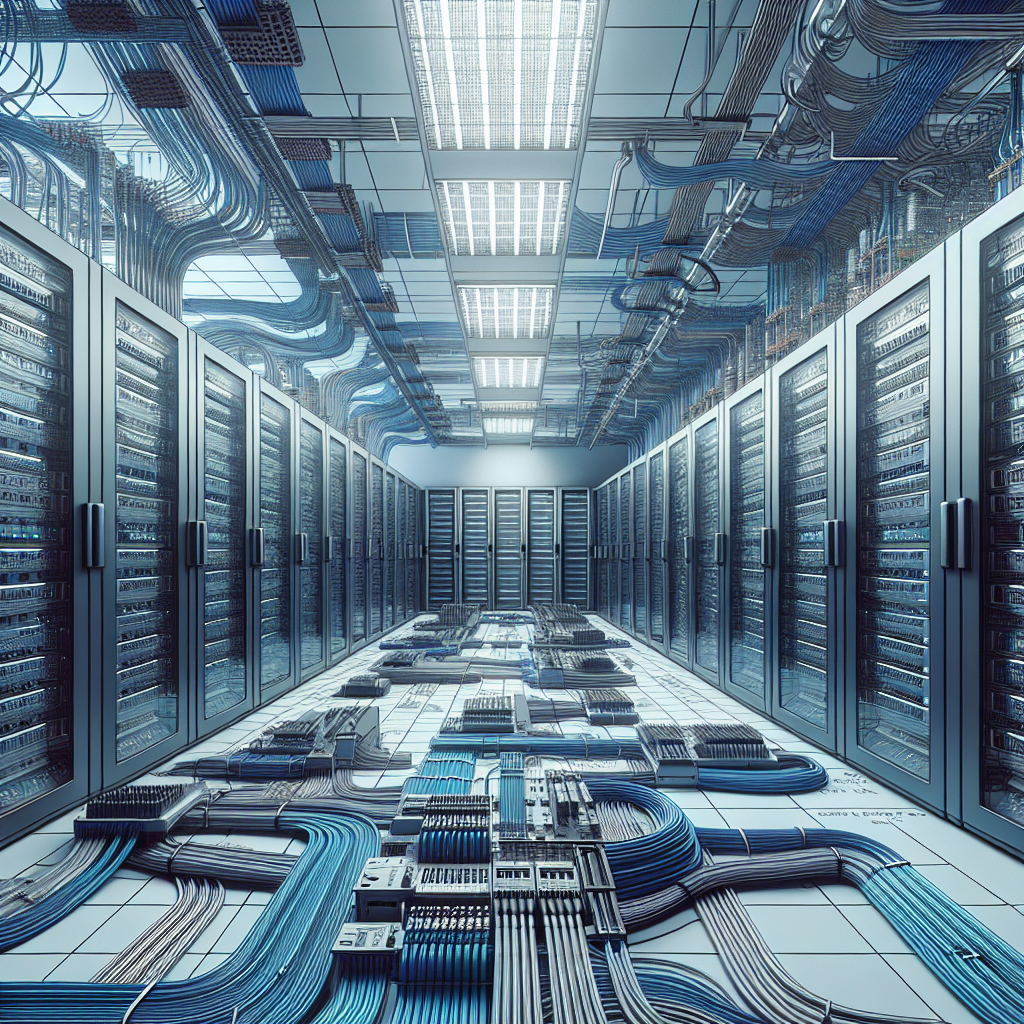In today’s digital age, data centers play a crucial role in storing and processing vast amounts of information. These facilities house the servers, networking equipment, and storage devices that support the operations of businesses, governments, and other organizations. As such, it is essential that data centers are equipped with properly designed electrical systems to ensure reliable operation and prevent costly downtime.
One of the key aspects of a properly designed electrical system in a data center is redundancy. Redundancy ensures that there are backup systems in place to maintain power in the event of an electrical failure. This can include redundant power supplies, backup generators, and uninterruptible power supply (UPS) systems. By having redundant systems in place, data centers can continue to operate even in the event of a power outage, preventing data loss and downtime.
Another important consideration in the design of electrical systems for data centers is scalability. As data centers grow and expand, the electrical system must be able to accommodate increased power demands. This can involve adding more power distribution units, upgrading transformers, and expanding the capacity of backup power systems. By designing the electrical system with scalability in mind, data centers can easily adapt to changing power requirements without disrupting operations.
Proper cooling is also essential in data centers, as the servers and other equipment generate a significant amount of heat. An effective electrical system will include cooling solutions such as air conditioning units, heat exchangers, and airflow management systems to maintain optimal operating temperatures. By properly cooling the equipment, data centers can prevent overheating and equipment failure, ensuring reliable operation and extending the lifespan of the hardware.
In addition to redundancy, scalability, and cooling, proper electrical system design in data centers should also take into account energy efficiency. Data centers are known for their high energy consumption, so implementing energy-efficient electrical systems can help reduce operating costs and minimize the environmental impact. This can include using energy-efficient lighting, optimizing airflow to reduce cooling requirements, and implementing power management solutions to reduce energy waste.
In conclusion, properly designed electrical systems are crucial for the reliable operation of data centers. By incorporating redundancy, scalability, cooling, and energy efficiency into the design of the electrical system, data centers can ensure uninterrupted operation, reduce operating costs, and minimize downtime. Investing in a well-designed electrical system is essential for any organization that relies on data center operations to support their business activities.


Leave a Reply